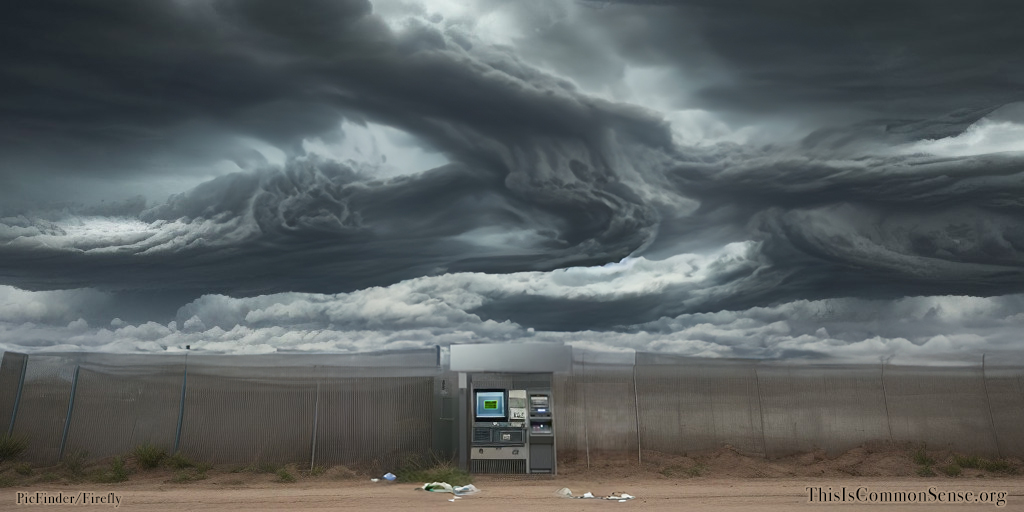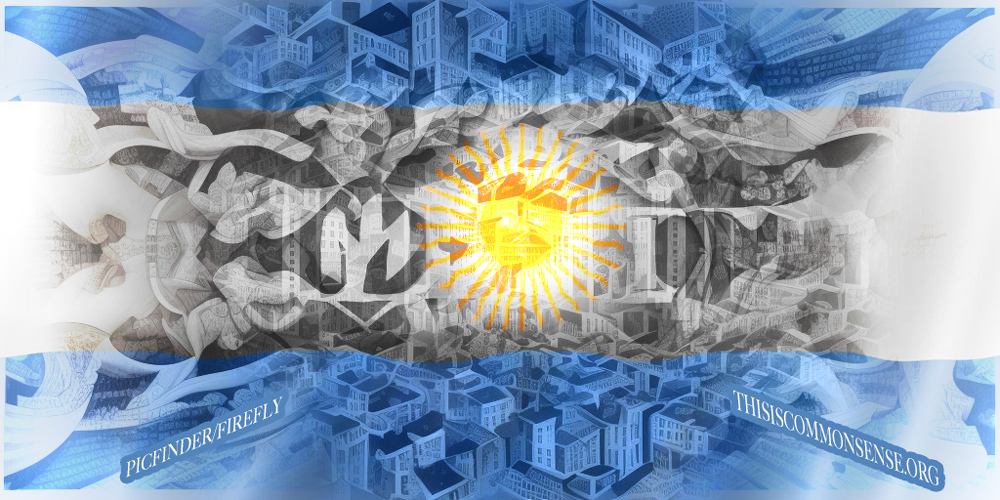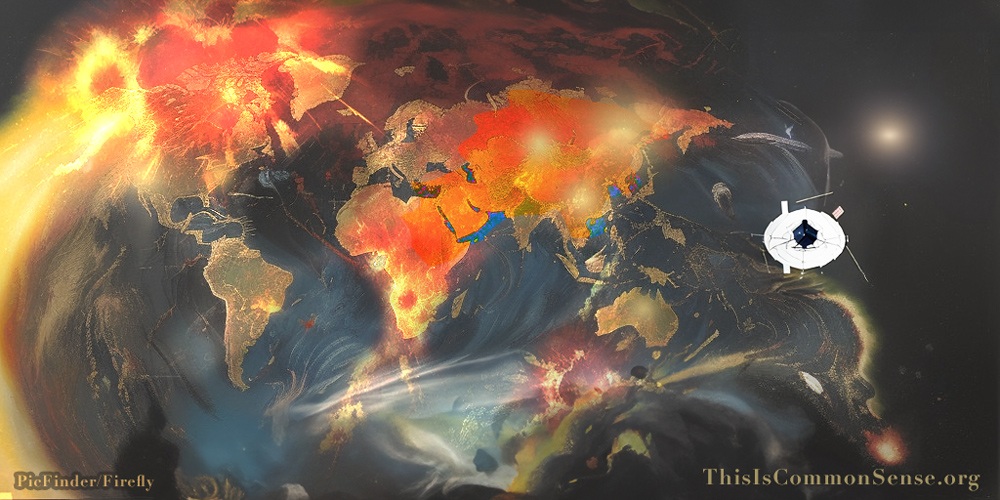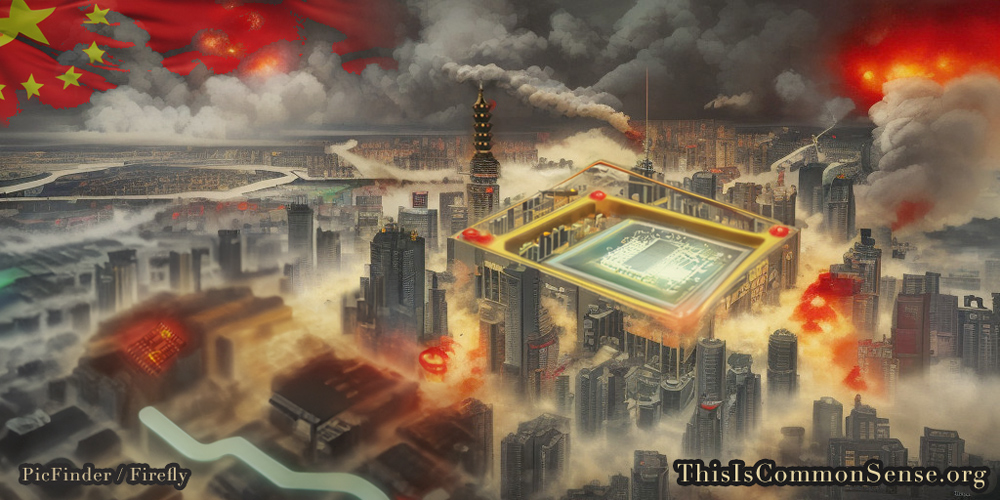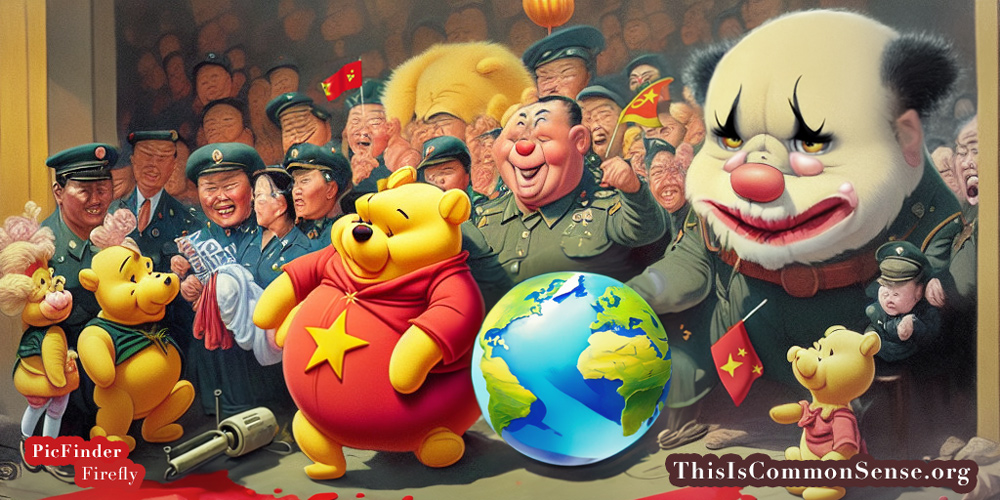“The United States is bankrolling its own ‘invasion,’” declares an Epoch Times article, “by funding the United Nations and its partners, which, in turn, give hundreds of millions of dollars in cash and aid to migrants who eventually cross the U.S. southern border illegally.”
Though it’s called “cash in envelopes” in the biz, actual payments to these immigrants on the road north from Ecuador usually take the form of debit cards, to the tune of $800 per month. This is funded partially from U.S. taxpayers through the International Organization for Migration (IOM), the United Nation’s mass migration arm. Last year, courtesy of Biden Administration enthusiasm, the U.S. threw $1.3 billion at the IOM.
It doesn’t stop there. “The U.N.-orchestrated Regional Refugee and Migrant Response Plan update for 2024 calls for distributing $1.6 billion in 17 Latin American and Caribbean countries with the help of 248 partner agencies, which are also receiving U.S. grants.”
And it is not just the generous payments to individual trekkers northward. NGOs and foreign governments, in addition to the U.S. taxpayers, have organized help through every step of the long march. There is a break in the road, in Panama, where one must navigate a jungle, or else go by sea. Quite a few organizations are making this leg of the journey doable for many.
And some wonder if the Chinese government isn’t supporting the massive surge — more than 50 times as many Chinese illegally crossing into the U.S. last year than just two years earlier.
Which is where the whole issue becomes scary.
Anthropologist Brett Weinstein — discussed here before for his ordeal at Evergreen University a few years ago — recently went down to Panama to see for himself what was going on. He calls the migrant hordes an invasion. He observed that the Chinese émigrés have separate housing, and exhibit radically different attitudes — and more wealth — than your standard economic migrant worker.
If the obvious danger doesn’t bother Americans . . . perhaps the fact that they are paying for it might?
This is Common Sense. I’m Paul Jacob.
Illustration created with PicFinder and Firefly
—
See all recent commentary
(simplified and organized)
